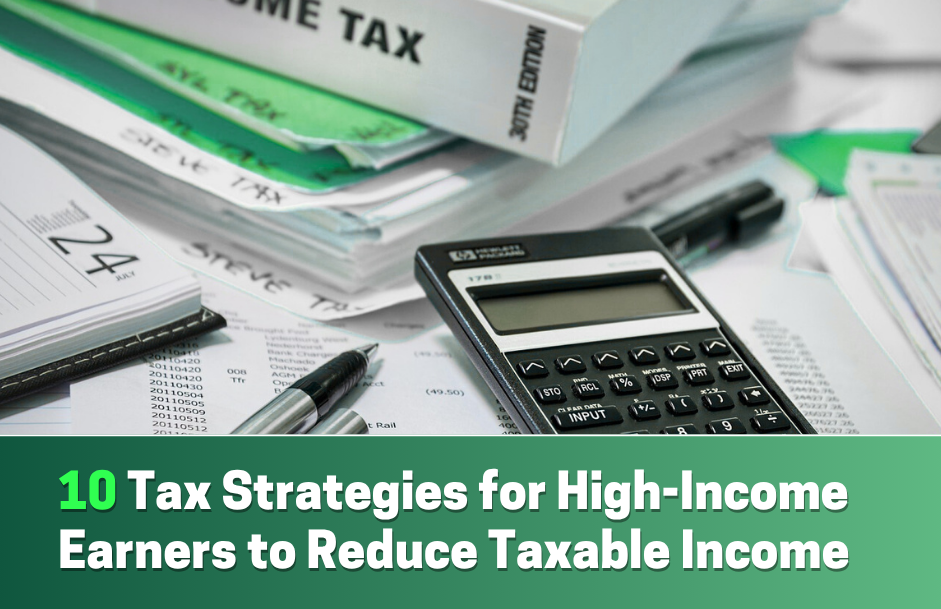
In today’s digital age, almost anything you could ever want to know can be found online. Have a leaky faucet? Watch a YouTube video on how to fix it. Want to find high-interest fee-free savings accounts? Just Google it. Have the urge to learn how to code? Enroll in a free course online. With the wealth of information found on the internet this begs the question, do I really need a financial advisor? Is the cost associated with hiring one actually worth it? After all, the internet has an immense amount of quality resources that can be tapped at a moment’s notice. However, being financial advisors ourselves we may be a little bias, but we find the answer to the following questions above to be a resounding YES!
What you don’t know can hurt you
Nearly any personal finance question you can fathom can be quickly searched for online. You’ll receive a laundry list of search results from various sources that may contain the answer to your question, or may point you in the wrong direction. With financial planning, and especially tax planning, there is likely additional relevant information to your specific situation that may not be addressed by Google. Also, you might not know the questions to ask. Or worse, think you’re asking all the right questions when in fact, you’re missing an important piece of the puzzle. The knowledge and expertise that a financial advisor provides cannot be overstated. Many have gone through rigorous training and have passed difficult licensing exams, such as becoming a Certified Financial Planner practitioner . A financial advisor who has the knowledge and experience may know the pertinent questions to ask and be aware of that the general population does not.
As an example, if you Googled “What documents do I need in a complete estate plan” you would likely find resources saying that you would need a Will, Power of Attorney for finances and healthcare, a HIPPA release, and perhaps, a Trust. You could even search for “Estate plan attorneys near me” and find a list of lawyers who prepare estate documents and have them done for you. When all is said and done you may have a handful of documents in total over 100 pages long. But, did you get what you requested? Are there any red flags in the prepared documents? Would you even know where to look? Something like estate documents are vital to any financial plan and is not something you want to mess up. While many financial advisors are not estate attorneys, many have studied the purpose of various documents and have reviewed them before. Their expertise may find warning signs that you weren’t aware of buried in all the legal jargon. That is just one example of something that should not be done via Google!
Sometimes we all need a little kick in the butt
We all know that personal finance matters are important. We need to save for retirement, we may need life insurance to protect our families, tax efficiency is crucial, and investing can be confusing. But we all have busy lives, and often, although we know it’s important, end up kicking the can down the road to when “we have more time.” Just like you could go to the gym and run on the treadmill and lift weights; sometimes you need that personal trainer to push you to get that workout done. You can definitely learn things from the trainer because of their education and experience. However, much of the value they provide is that additional motivation and accountability that you may not find working out on your own.
A financial advisor can work in the same capacity, creating that sense of accountability and helping prioritize the personal finance agenda items that matter most. An advisor can assist with the behavior change to do what you know you should be doing, but keep putting off. We often hear “I know I should be saving for retirement, but haven’t found the motivation or time to come up with a plan.” Let a financial advisor help you with that, and also help keep you accountable along the way.
What sort of advisor should I use
I hope by now you’re starting to see the immeasurable value a financial advisor can provide. But with so many advisors out there, how can I tell who is right for me? I’m glad you asked, because we have some thoughts on that as well. We’re firm believers in that you get what you pay for. You could work with a “free” financial advisor. But we all know there is no such thing as a free lunch and that individual has to get paid somehow. More often than not, those “free” advisors are paid off of commission, and are only permitted to sell specific investment products. These products may be right for you, or they may not, but that’s all they can offer. Also, recommending these products may be the only service they provide and they may not touch other critical planning areas such as: taxes, estate planning, college funding, reviewing insurance, or retirement planning. Just because these individuals are paid off commissions doesn’t necessarily make them poor advisors. But this is certainly something to consider when choosing who to work with.
Another compensation model is called fee-only, which is what Milestone is. Financial planning is not a “free” service, you would pay a fee for the services provided, but these individuals are not paid off commission. They are required to act in a fiduciary capacity, meaning, they have to work in your best interest. Fee-only advisors are only allowed to recommend products and services that are right for the client. The peace of mind in knowing the suggestions your financial advisor is making are free from conflicts cannot be overstated.
Takeaways
Choosing a financial advisor is no light decision. While you could go it alone, having someone with knowledge and keeping you accountable can provide immeasurable value in reaching your financial goals. After all, that should be your advisors main objective, helping you reach your personal goals and aspirations. This can be especially true when working with a CFP® practitioner who has gone through rigorous study to qualify to use this credential. Lastly, always keep in mind that you get what you pay for. A “free” advisor may not cost you anything directly, but they’re getting paid somehow. While a fee-only advisor has the costs up front, but are providing services that are free from conflict of interests.



